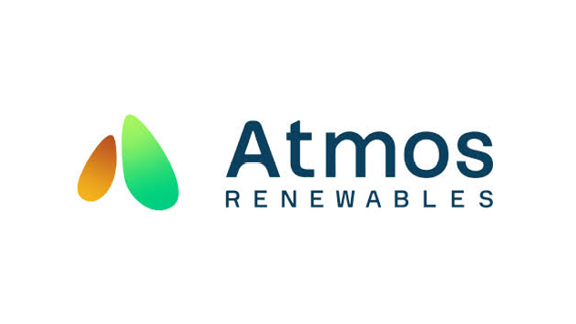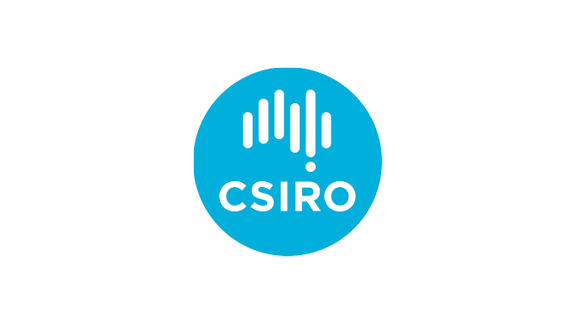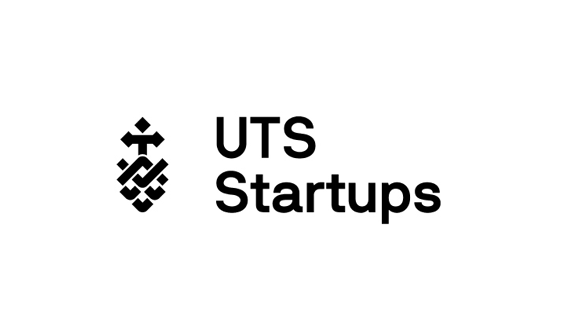
Call us now on +61 403 050 128
Company Registration
The law firm shaping a secure and sustainable future for Australia
Services
Setting up a company can be an excellent way to protect yourself and your assets, and our experienced team is ready to guide you through this process.
-
Sole trader? Company? Partnership? Trust? Some combination of two or more of these? Which business structure is right one for you?
Our team will take the time to learn about your business and your plans for it so that we can suggest the structure that is most appropriate for you.
-
A company is a legal entity that can own property, enter into contracts, sue and be sued in its own name.
Its identity is distinct from its shareholders, who own the company, and its directors, who manage the company.
In Australia, companies must be registered under the Corporations Act 2001 (Cth).
-
We often find that the optimal business structure involves a company.
Generally, the liability of a company’s shareholders for acts or omissions of the company is limited to the amount (if any) unpaid (and to be paid) on their shares.
Not only can a company very effectively limit your personal liability and the ways that creditors can pursue your personal assets (such as your home) but it can also help you to raise capital, access better tax outcomes and government grants and spin out intellectual property from CSIRO and universities.
Further, a ‘dual company structure’, involving a holding company and an operating company, can serve to quarantine, for example, valuable intellectual property from creditor claims and hence is often a pre-condition to venture capital investment.
Also, because of its separate legal identity, a company will continue to exist even if its shareholders or directors change or (as applicable) get sick, die or are wound-up.
For these reasons – and probably also the fact that most businesses in Australia seem to operate this way – running your business through a company can give you credibility.
-
Before you register a company, you will need to get answers to a bunch of questions such as:
Who will the directors be (noting that they all need to have Director Identification Numbers and at least one of them must be resident in Australia)?
How will those directors make decisions and manage the company?
Who will the shareholders be?
What class of, and how many, shares will they hold and what rights will attach to those shares?
How much (if anything) will shareholders pay for their shares?
How (if at all) will shareholders be able to restrain the board (of directors) from making certain decisions?
How may these and many other arrangements change over time?
We have a standard questionnaire, and our team can walk you through it.
We can also provide advice about the legal duties of those who will serve as directors and check that the name you have in mind for your company is available.
-
Once we have all the information we need, we will file your application for registration with the Australian Securities and Investments Commission (ASIC). This can take as little as 10 minutes.
When your application for registration is approved, we will tell you who needs to sign what and can even arrange a videoconference to speed up the process, which can prove especially beneficial when signatories are overseas or witnesses are required.
Upon registration, your company will be assigned a unique 9-digit Australian Company Number (ACN), you will be issued a certificate of incorporation and your company appear in ASIC’s register of companies and can be found by searching here.
-
Australian Business Numbers (ABNs) are unique 11-digit numbers than can be used to do the following things:
Verify your business to customers, suppliers and others who can search for here.
Register for GST and claim GST credits and potentially also GST refunds.
Register a business name.
Open a bank account.
Prevent your customers from withholding at the highest marginal rate Pay-As-You-Go (PAYG) tax from payments otherwise due to you.
We usually suggest applying for an ABN at the same time that we register your company.
It can take a bit longer to get your ABN than it takes to get your ACN as ABN applications are processed manually by the ATO and Australian Business Register (ABR).
-
In Australia, you need to register for goods and services tax (GST) if your annual turnover is or exceeds $75k. There are some other reasons as well as some exceptions to this general rule, but this is the main reason most businesses register for GST.
GST is a consumption or sales tax levied on taxable supplies of goods and services in Australia and is collected by the supplier. As of July 2025, the prevailing rate of GST is 10%.
Provided businesses are registered for GST, they are able to claim GST credits for GST they pay on their purchases for which they have tax invoices and can claim a GST refund to the extent their GST credits exceed the GST they have collected in respect of their sales over the same period.
We usually suggest applying for GST registration at the same time that we register your company.
-
In Australia, whether you’re an individual or a business, you need a tax file number (TFN) to lodge tax returns and otherwise deal with the Australian Taxation Office (ATO).
We usually suggest kickstarting the TFN application process at the same time that we register your company.
-
In Australia, you need to register a business name if you carry on business under a different name. For sole traders, this means their first name and surname. For partnerships, this means the first name and surname of each partner. And for a company, this means the name as registered with ASIC including “Pty Ltd” or other relevant suffix.
Accordingly, registration of your business name may be required in order to legally trade under that name. Illegally trading under a name may see ASIC issuing warnings and fines and taking other enforcement steps.
Note that registration of a business name does not give you exclusive ownership or intellectual property rights in that name. For that, you will need to register a trade mark.
We usually suggest applying for GST registration at the same time that we register your company. That way, the renewal dates for your company and business name registrations should (at least closely) coincide.
-
Most companies will adopt a constitution at the time that they are registered but may also benefit from putting in place various other agreements at the same time or shortly thereafter including the following:
Subscription agreements – if one or more shareholders is contributing material funds to the company.
Shareholders agreements – to more precisely regulate relations between the company and its shareholders, including in respect of board appointment rights, how business plans are to followed and revised over time, rights of major shareholders to veto certain board decisions, pre-emptive rights of shareholders to subscribe for new shares being issued and acquire existing shares being put up for sale and the rights of shareholders to effect an exit by compelling other shareholders to sell their shares.
Vesting agreements – if one or more shareholders are to effectively earn their way into their shareholdings over time.
Employment and consultancy agreements – to clarify remuneration and other entitlements payable by the company, intellectual property ownership and confidentiality and perhaps also ensure non-competition.
If you need (or think you might need) or want any of these agreements, let’s talk. Our experienced team is well placed to advise on and prepare all such agreements.
-
Assets held in a trust are legally owned by the trustee, not the beneficiaries, and this separation can protect those assets from claims in relation to the acts or omissions of the beneficiaries.
Discretionary trusts such as those created to benefit members of a particular family, known as family trusts, afford the trustee flexibility in the way they make distributions of cash and other property between family members. This is commonly referred to as income splitting and can reduce the overall tax burden on the family group.
Also, a trust may continue to exist even if its trustee or beneficiaries change or (as applicable) get sick, die or are wound-up. This can facilitate intergenerational wealth transfer without the need for probate.
-
Once we have all the information we need, which is usually minimal, we can establish your trust. This does not involve – let alone require thew approval of – any government agency and can take as little as 10 minutes.
Again, we will tell you who needs to sign what and can even arrange a videoconference to speed up the process, which can prove especially beneficial when signatories are overseas or witnesses are required.
Note that if you want to hold shares in a company through a trust, you will need to establish the trust before you register the company.
Also, in all or most States and Territories in Australia, trust deeds must be stamped, which requires the payment of stamp duty, within a few months after establishment of the trust. Sometimes this can be done at the same time that we set up your trust.
-
As stated above, provided we have all the information we need, registering a company or setting up a trust can take as little as 10 minutes.
As of July 2025, the registration fees payable to ASIC to register a company start at $611 for a company that has share capital (as the vast majority do) while the annual renewal fee (for a proprietary company) is $329.
As of July 2025, the stamp duty (if any) payable on trust deeds and the timeframe for stamping vary between States and Territories and are set out below:
New South Wales – $750 (and $20 for each duplicate); within 90 days after execution.
Victoria – $200; within 30 days after execution.
Queensland – $nil, as stamping is not mandatory.
South Australia – $nil, as stamping is not mandatory.
Western Australia – $nil, as stamping is not mandatory.
Tasmania – $50; within 90 days after execution.
Australian Capital Territory – $nil, as stamping is not mandatory.
Northern Territory – $20 (and $5 per duplicate); within 60 days after execution.
As for our fees for handling company registration or trust establishment, they are usually minimal given how quickly these exercises can be undertaken, and we are always open to fixing our fees to suit your budget.









